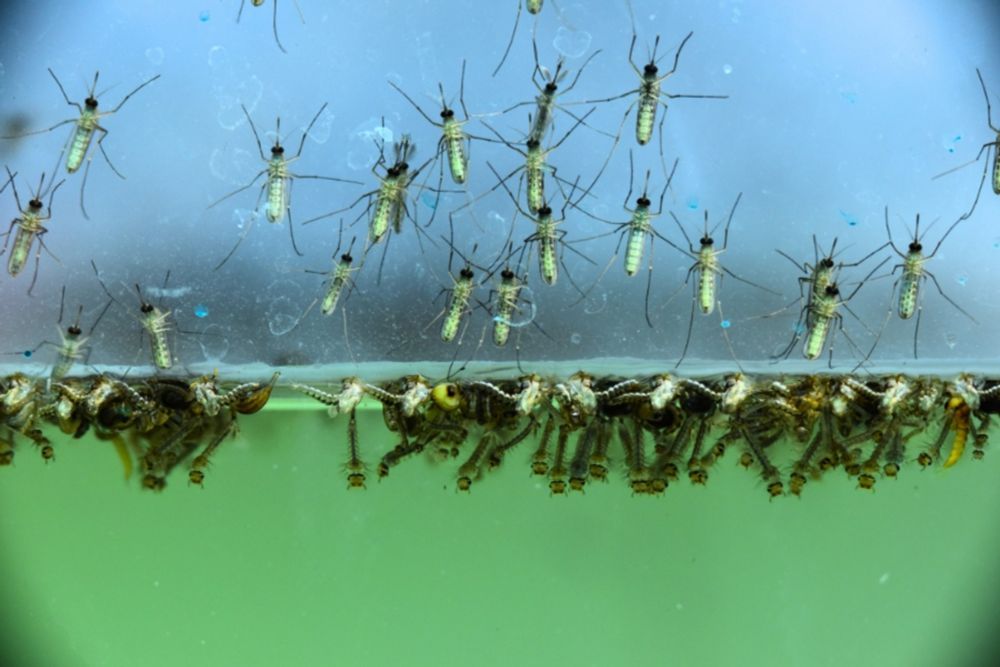Interested in pop. gen., adaptation, and a wholesome scientific community.
he/him

We combined clone tracing with spatial transcriptomics to untangle what drives gene expression in tumors: a cell's identity or its neighborhood?
Most genes were driven by location, but some showed strong clonal patterns.
rdcu.be/eVhpc

We combined clone tracing with spatial transcriptomics to untangle what drives gene expression in tumors: a cell's identity or its neighborhood?
Most genes were driven by location, but some showed strong clonal patterns.
rdcu.be/eVhpc
www.nature.com/articles/s41...

www.nature.com/articles/s41...

www.nature.com/articles/s41...
We investigated a poliovirus capsid inhibitor that exploits a breakdown in the genotype-phenotype map to prevent drug resistance evolution. Or does it?
See Alex's thread, but a few extras:
#socialviruses #evosky #virosky 🧪

We investigated a poliovirus capsid inhibitor that exploits a breakdown in the genotype-phenotype map to prevent drug resistance evolution. Or does it?
See Alex's thread, but a few extras:
#socialviruses #evosky #virosky 🧪

www.biorxiv.org/content/10.1...
www.biorxiv.org/content/10.1...
www.biorxiv.org/content/10.1...

www.biorxiv.org/content/10.1...
Samples are ready - you do (read: learn) everything - functional genomics, bioinformatics, genotype-phenotype associations 🤩
Please RT!
Apply by October 15th through www.jobbnorge.no/en/available...
Please share widely! 🧬🦑🖥️

Samples are ready - you do (read: learn) everything - functional genomics, bioinformatics, genotype-phenotype associations 🤩
Please RT!
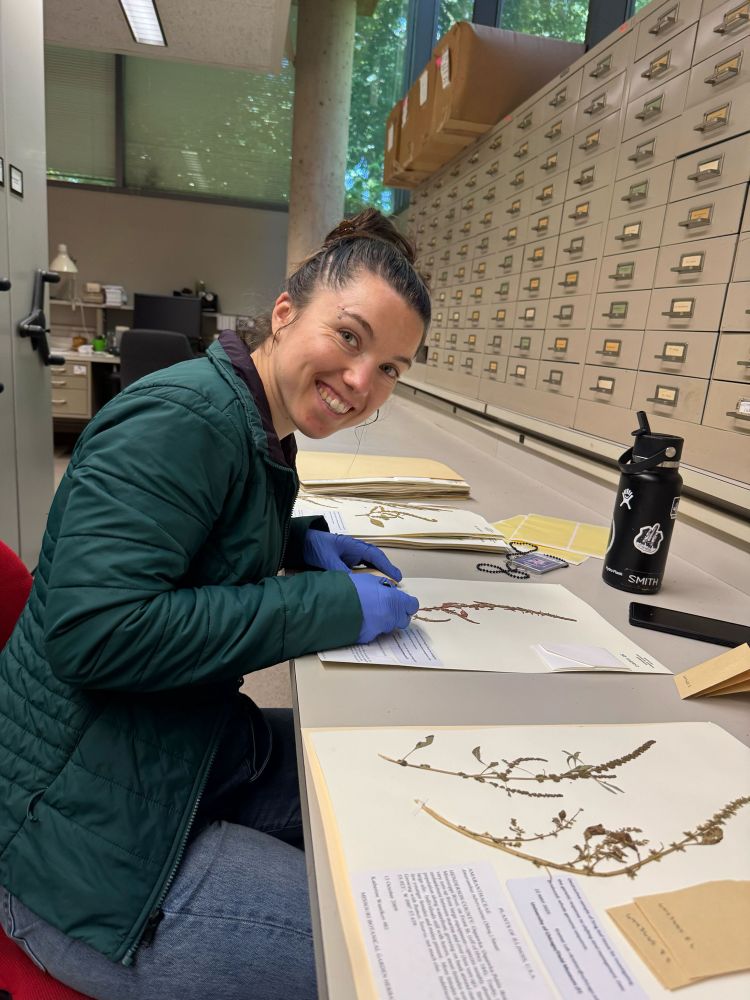




We used D. melanogaster pigmentation as a focal trait to explore parallelism in phenotypic and genomic responses to environmental change - read more at the link below 👇
doi.org/10.1093/evle...
Now in @evolletters.bsky.social by @skylerberardi.bsky.social, @paulrschmidt.bsky.social et al.
📷: Dr. Rush Dhillon
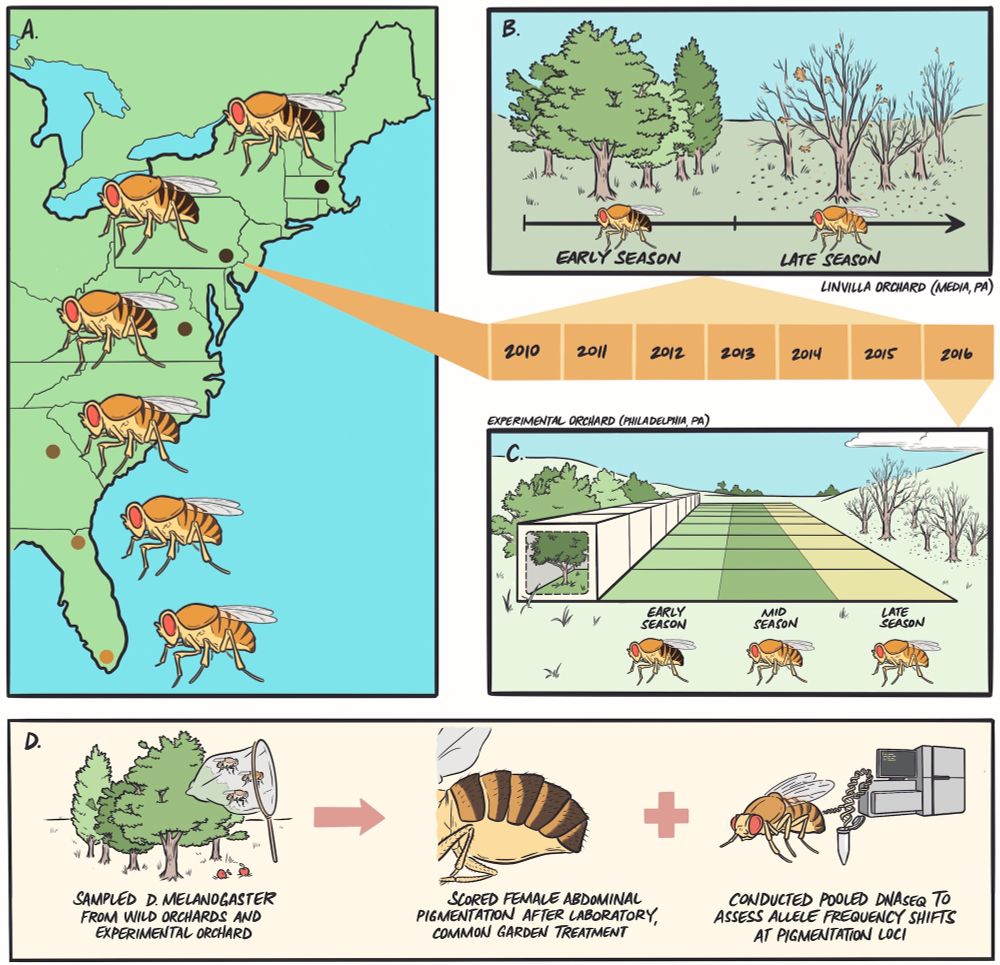
We used D. melanogaster pigmentation as a focal trait to explore parallelism in phenotypic and genomic responses to environmental change - read more at the link below 👇
recruit.ap.uci.edu/JPF09601
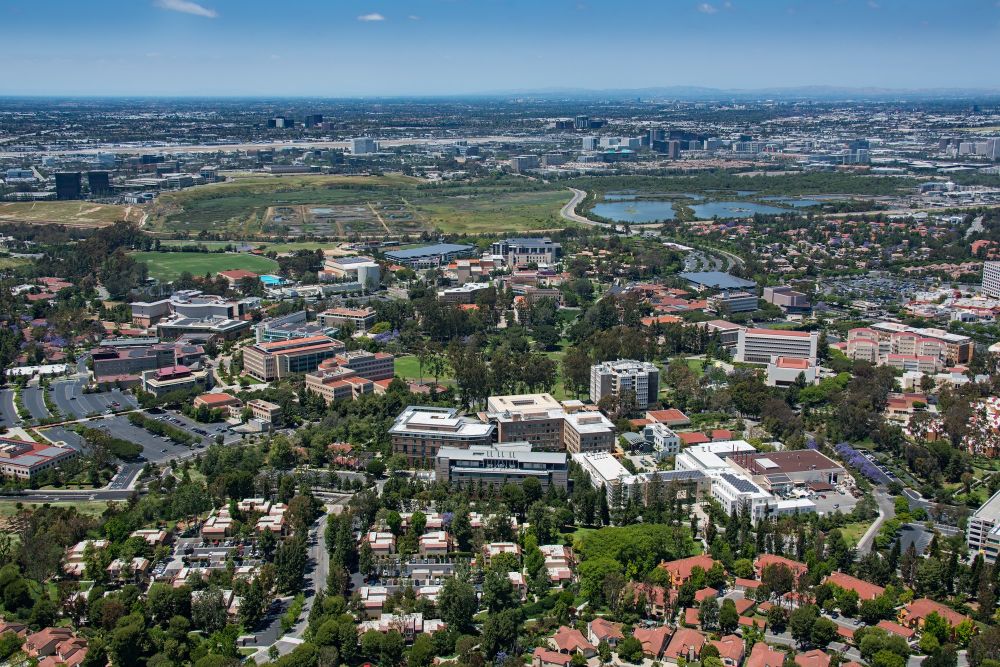
recruit.ap.uci.edu/JPF09601
At BPP, we aim to support students from all backgrounds through the grad school application process. Learn more about grad student life and receive 1-on-1 feedback on your application materials!
Apply here: forms.gle/EvTyUWXFMRSL...
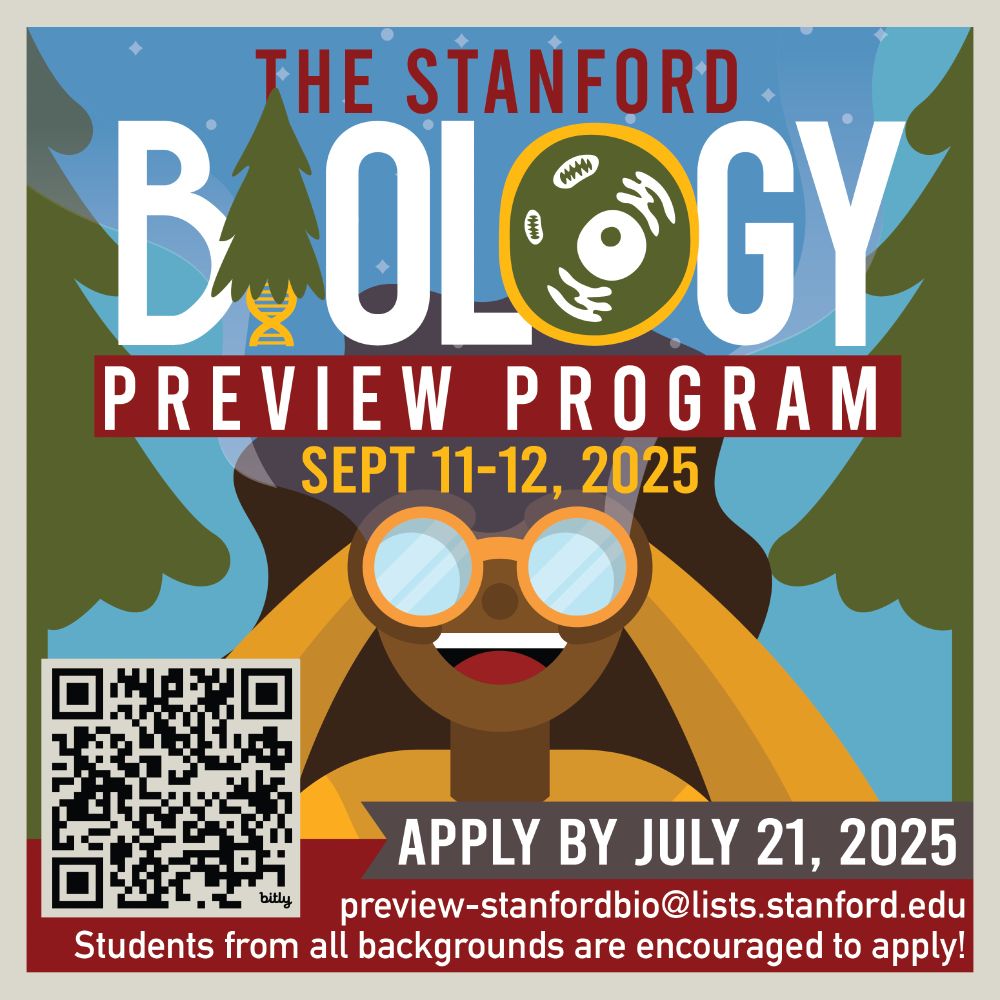
#SciSky
www.biorxiv.org/content/10.1...

#SciSky
www.biorxiv.org/content/10.1...

It was a pleasure to write about one of my favorite microbiome papers of the last few years.
www.pnas.org/doi/10.1073/...
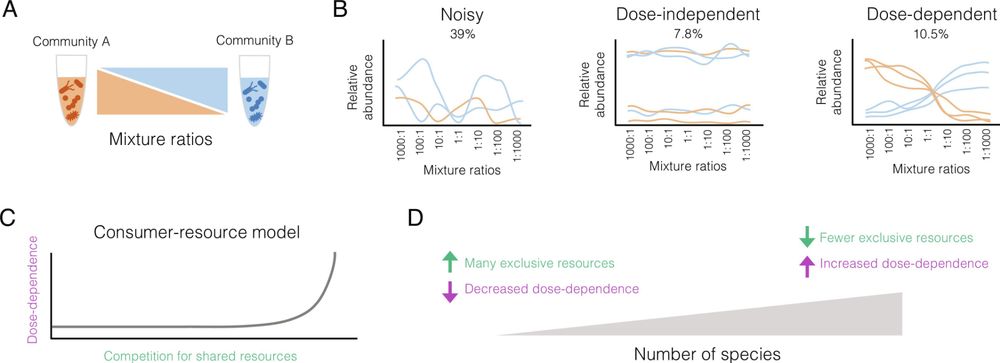
It was a pleasure to write about one of my favorite microbiome papers of the last few years.
www.pnas.org/doi/10.1073/...

